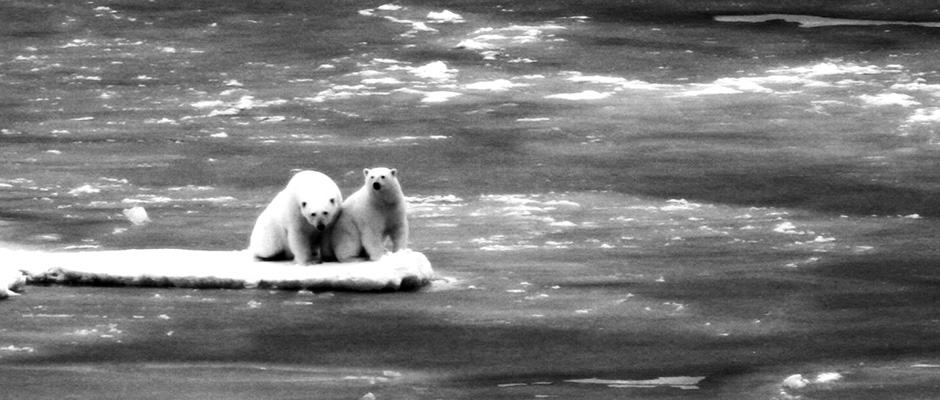Share this article
Politics Inform Attitudes on Environmental Issues
People’s identities with political parties have a large influence on their attitudes on environmental issues, according to a new Pew Research Center report — more so than on issues related to biomedical science, food safety or space.
But issues like religious affiliation, knowledge about science and demographic background have strong influences on the public’s views as well.
“In this politically polarized culture, there is a strong temptation to think that people’s partisan connections and their ideology dominate their thinking about every civic issue,” said Cary Funk, associate director for science research and lead author of the new Pew Research analysis, in a release. “What’s striking about these findings is that politics sometimes is at the center of the story about public attitudes and sometimes politics has very little to do with the way people think about science issues in the public arena. We find there are striking differences that center on age, educational attainment, gender, and race and ethnicity.”
Beliefs on climate change are among the most politicized of environmental issues, with 71 percent of Democrats surveyed believing humans are the underlying cause of global warming compared to only 27 percent of Republicans. In terms of race, 70 percent of Hispanics believe humans cause climate change compared to 44 percent of non-Hispanic whites either believe climate change is caused by natural patterns or that there is no solid evidence that climate change is happening. Only 56 percent of Americans with a college degree believed climate change was due to human activity.
In terms of offshore oil drilling, a majority of adults — 56 percent — support expanding the practice. In fact, 72 percent Republicans and those who lean right strongly support more offshore drilling while 39 percent of Democrats and independents leaning left are in favor of it. Overall, support for increased use of fracking has dropped from 48 percent in the 2013 Pew survey to 41 percent.
Factors in which political affiliation had no detectable influence included views on animal testing in science, though this practice was more accepted among people with postgraduate degrees than with those with only a high school diploma or less. In addition, more women than men opposed the practice.
Header Image:
This image is of two polar bears huddled together on a piece of Arctic sea ice, surrounded by ocean water and thin layers of sea ice. A new study shows that Americans’ political beliefs are strong indicators of their views on climate change.
Image Credit: Jessica Robertson , U.S. Geological Survey








